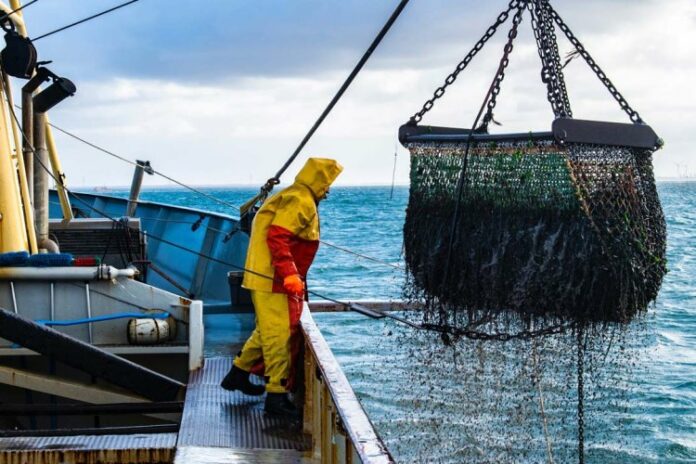The EU and Cabo Verde have signed a new protocol for the implementation of the Fisheries Partnership Agreement (FPA) allowing access by EU vessels to Cabo Verdean waters for a period of 5 years, while preserving the development of the fisheries sector in Cabo Verde. The protocol will also strengthen fisheries governance and the protection of the marine environment, and support the creation of jobs and activities in the fisheries sector.
The European fleet will consist of 24 tuna seiners, 10 pole-and-line tuna vessels and 22 surface longliners flying the flag of Spain, France or Portugal, fishing for tunas and associated species. The agreed annual reference is 7,000 tonnes of catches, which reflects the trend of catches in recent years by Union vessels in the Cabo Verde fishing zone.
The EU contribution to this new protocol is estimated at €3.9 million over a period of 5 years, consisting of €780,000 per year, of which €430,000 will be dedicated to promoting Cabo Verde’s sustainable fisheries management, control and surveillance capacities, and supporting local fishing communities. In addition to the EU contribution, shipowners will pay fees to the Cabo Verde’s administration to be authorised to fish.
This protocol will contribute to the sustainable management of maritime resources, to food and nutrition security and to the diversification of Cabo Verde’s economy, in line with Cabo Verde’s strategic objectives and the EU’s partnership policy.
It responds to Cabo Verde’s desire to strengthen the industrialisation and competitiveness of the sector, given the strategic potential of Cabo Verde’s fishing zone in the tuna industry in the Atlantic Ocean.
For Cabo Verde, the protocol should create added value and jobs by encouraging transhipments and landings of catches in the port of Mindelo, São Vicente, as well as the embarkation of local fishermen and observers on European vessels. One of the objectives is to ensure the best conditions to secure the supply of fishery products to local processing companies.



